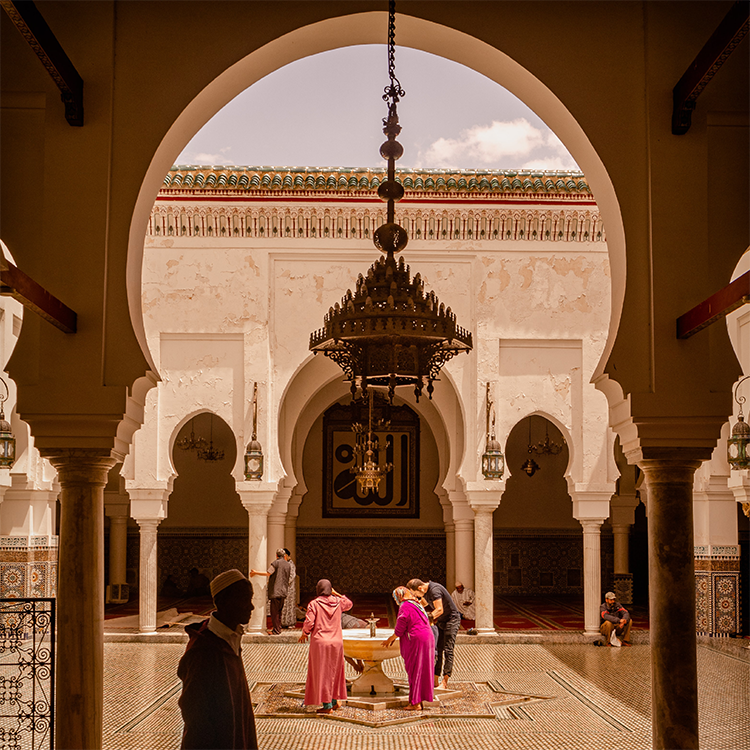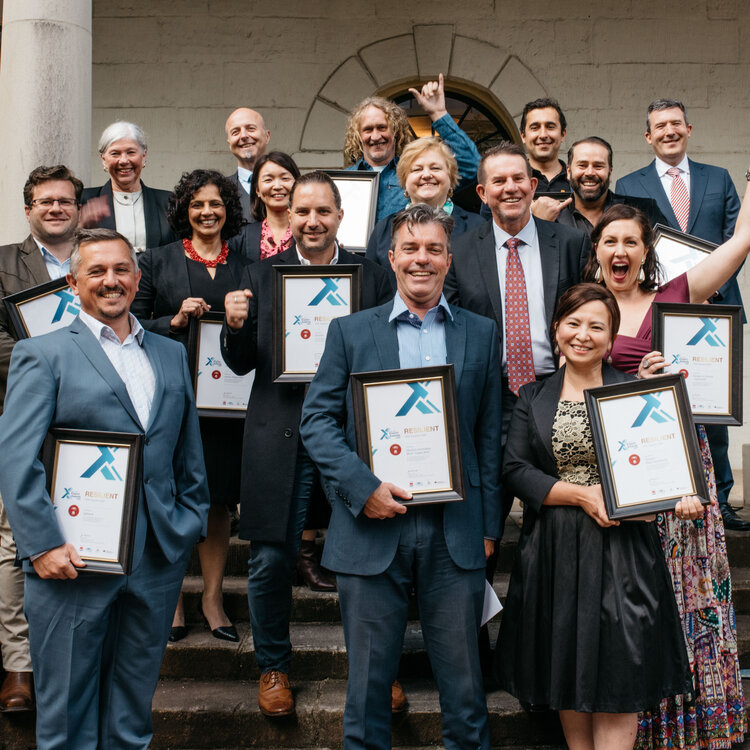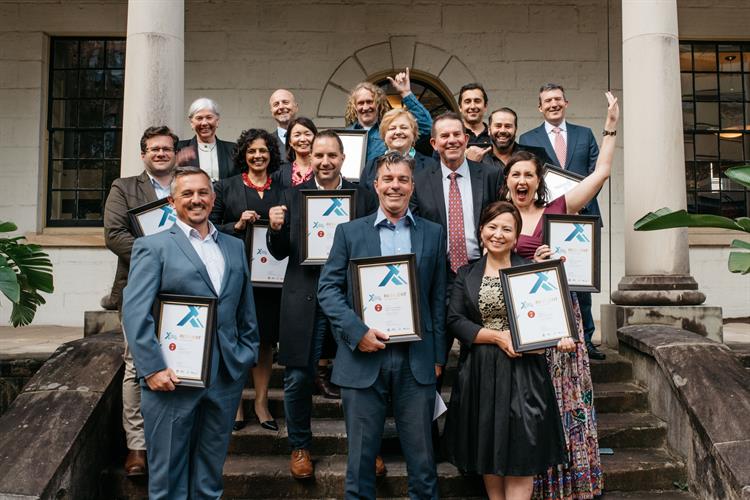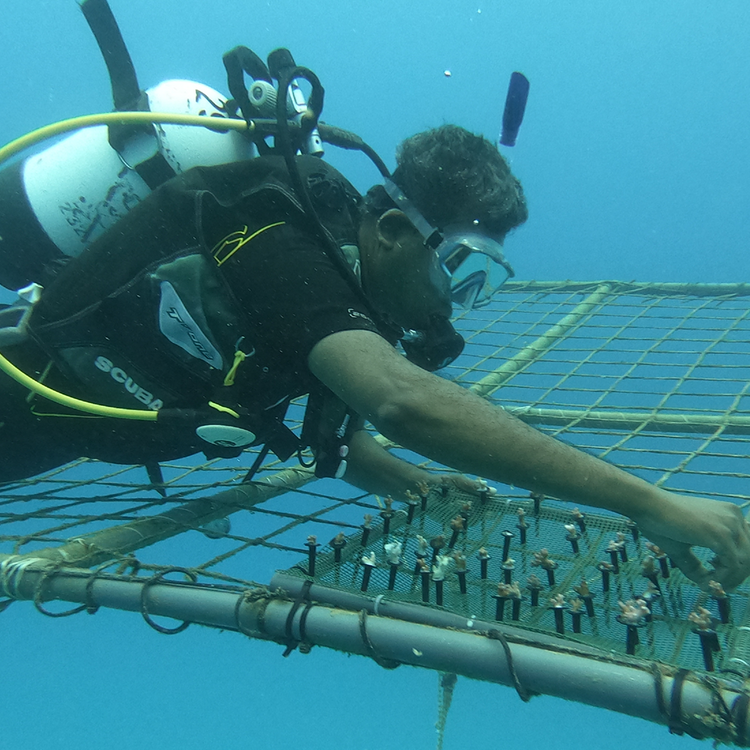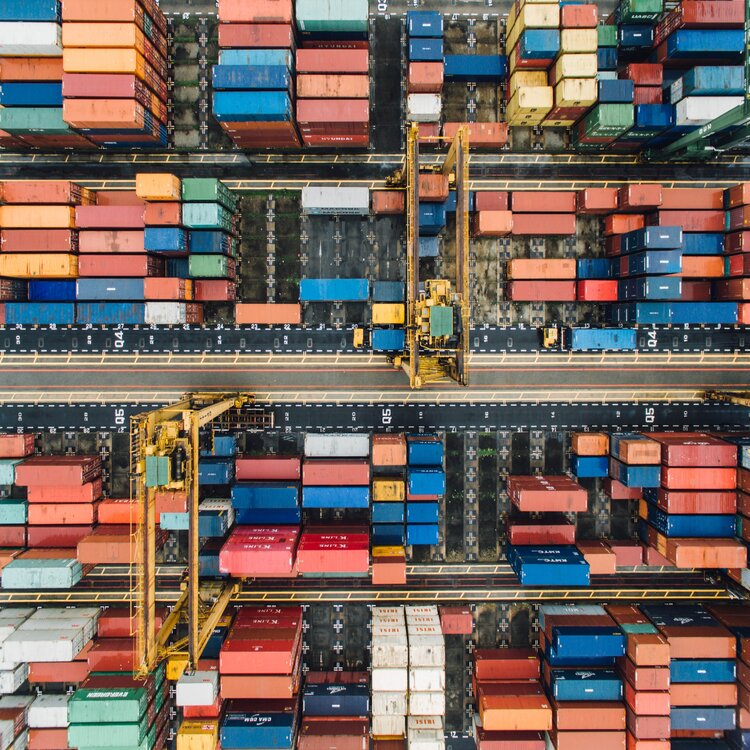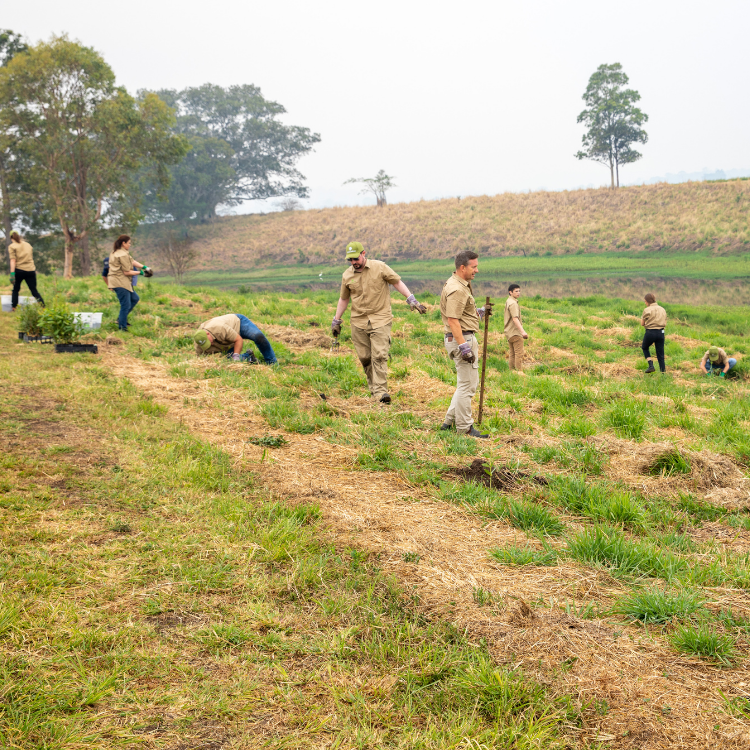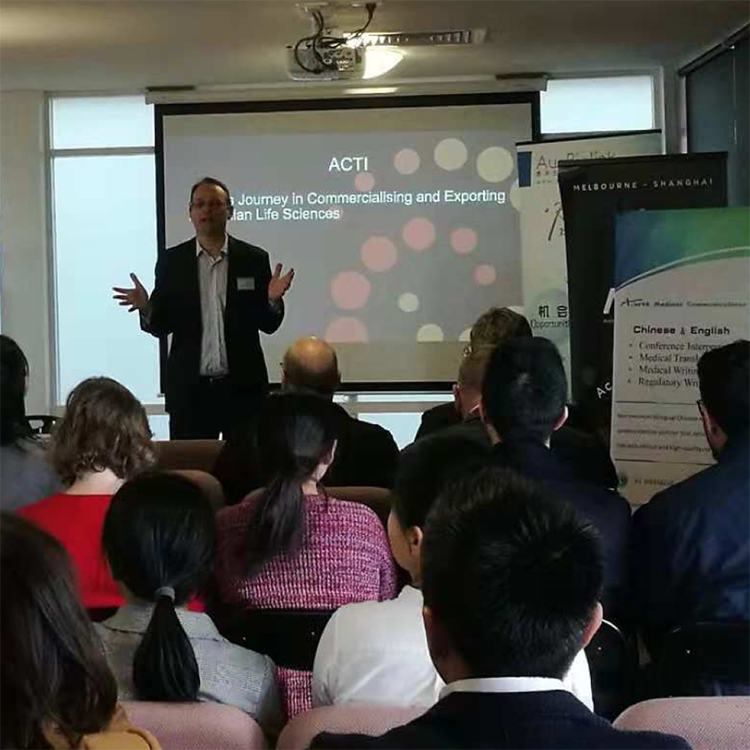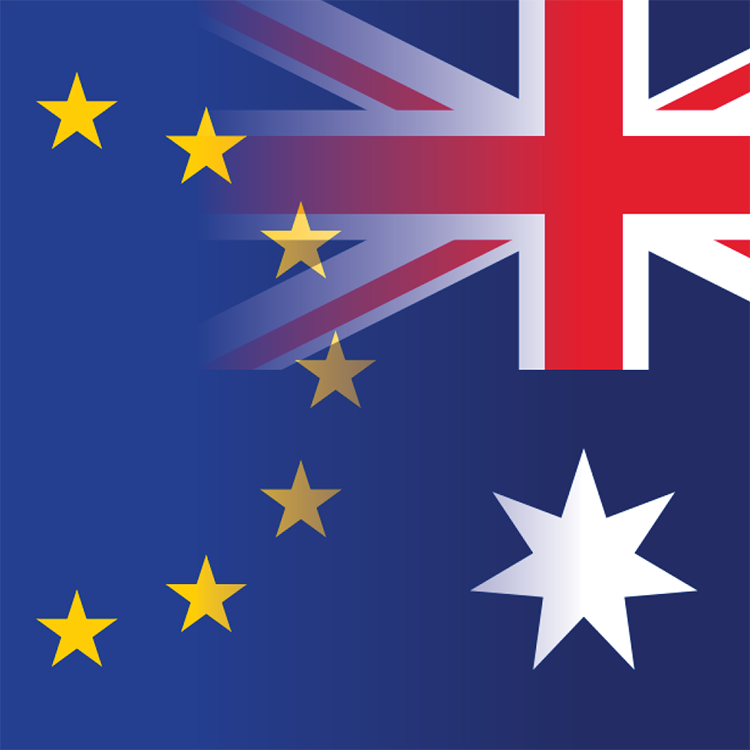There's More to Morocco!
Morocco is more than the wonderful country and people that immediately spring to mind. Morocco has a sophisticated industrial base of highly elaborated manufacturers and well-developed financial markets.
Moroccans know about Australia too. And not only as a tourist destination or bulk commodity exporter. Moroccans look to Australia for expertise in renewable energies and the mining sector, and solutions in agtech and agri-business; as well as for the high-end and quality food products Australia is famous for.
Some familiar Australian companies have made their home in Morocco. Worley Group, a global provider of professional project and asset services, is a joint venture partner with the Moroccan phosphate conglomerate, OCP in JESA, one of Africa’s largest engineering firms.
Australian exports to Morocco are very diverse. Camel meat and beef, offal, wine, organic pesticides, seeds, grains, sophisticated telecommunications, agtech and in mining and energy; consultancy, engineering, technology and exploration services.
A major urban development project south of Casablanca is seeking the Green Building Council of Australia Green Star accreditation. Mazagan City Centre will eventually house 134,000 by 2034 with an existing vibrant university within its zone.
Key emerging commercial opportunities in Morocco exist in sectors where Australian businesses are already present, as well as in new sectors and areas. The growing trend of upscale food service expansion and retail is an example which could increase the volume of exported high-end meats and wines to Morocco and lead the way for dairy, honey, seafood, cosmetic and other products.
Agribusiness could increase the volume of the commodity trade and present Australian capabilities in technology, genetic materials, and services such as irrigation and related infrastructure. There are opportunities in the defence sector on naval and cybersecurity. Green building, energy efficiency and urban development in the building sector are key to Morocco’s future development. There is increased interest in the education market for English-speaking education and destinations. Mining and energy offer opportunities in mining exploration, LNG gas as well as in renewable energies and the use of hydrogen especially for industrial usage.
The Australia Morocco Business Council and the Australia Arab Chamber of Commerce and Industry can provide insights into the trade and investment relationship and opportunities. Austrade has a Country Director located in Rabat.
Why Morocco? The Moroccan government is pro-business. Morocco is strategically placed to attract investment from companies wishing to export to the EU market and to Sub-Saharan Africa. Morocco encourages and facilitates investment, particularly as a manufacturing and export base for international companies. The national economic policy narrative emphasises Morocco’s status as a multilingual and cosmopolitan country, situated at the cross-roads of Sub-Saharan African, the Middle East and Europe. As well as its relatively low labour costs and commitment to a diverse, open, market-oriented economy.
Key sectors include agriculture, tourism, manufacturing (aerospace and automotive), pharmaceuticals, mining (phosphates), textiles and subcomponents. Morocco has increased investment in its ports, transport and industrial infrastructure to position itself as an offshore manufacturing centre with Europe, and broker business throughout Africa. Morocco attracts the fourth highest FDI in Africa with automotive and aerospace being the key revenue earners. Telecommunications and financial services are lead growth sectors as well, as Morocco increases its investments in Africa (recently becoming the second largest African investor on the continent).
Morocco’s FTAs with a number of markets including the EU, UK and USA represent an opportunity for international investors who wish to assemble or manufacture in Morocco and export to those markets. Costa Group in Morocco is a good example of an agricultural investment, producing Australian patented blueberries for export to the EU.
Of course, we recommend undertaking your own due diligence. We note many companies initially enter the Moroccan market with a Moroccan or local partner.
Morocco’s transport infrastructure is impressive. The Tanger Med port now handles the most containers of any Mediterranean port, as well as the African continent. It supports direct logistical connections with over 100 countries. Tanger Med is complemented by an extensive toll road system linking all the major economic zones and business centres. A state-of-the-art high-speed train that entered into service in late 2018 joins Tanger with Casablanca via the capital Rabat. Casablanca is the economic and commercial centre of Morocco. It has the largest population and its Stock Exchange was founded in 1929.
Morocco’s economic fundamentals are sound. According to a World Bank April 2021 report, GDP growth in Morocco is expected to accelerate to 4.2% in 2021. Real GDP growth is expected to remain slightly above its pre-pandemic trend during the projection period as the output gap narrows gradually and the ongoing reforms begin to have an impact. The current account deficit is expected to stabilize below 4% of GDP while the fiscal deficit is expected to fall gradually. Morocco’s central bank, Bank Al-Maghrib, kept its primary interest rate at its March 2021 meeting at 1.5%. Total public debt was around 95% of GDP in 2020.

